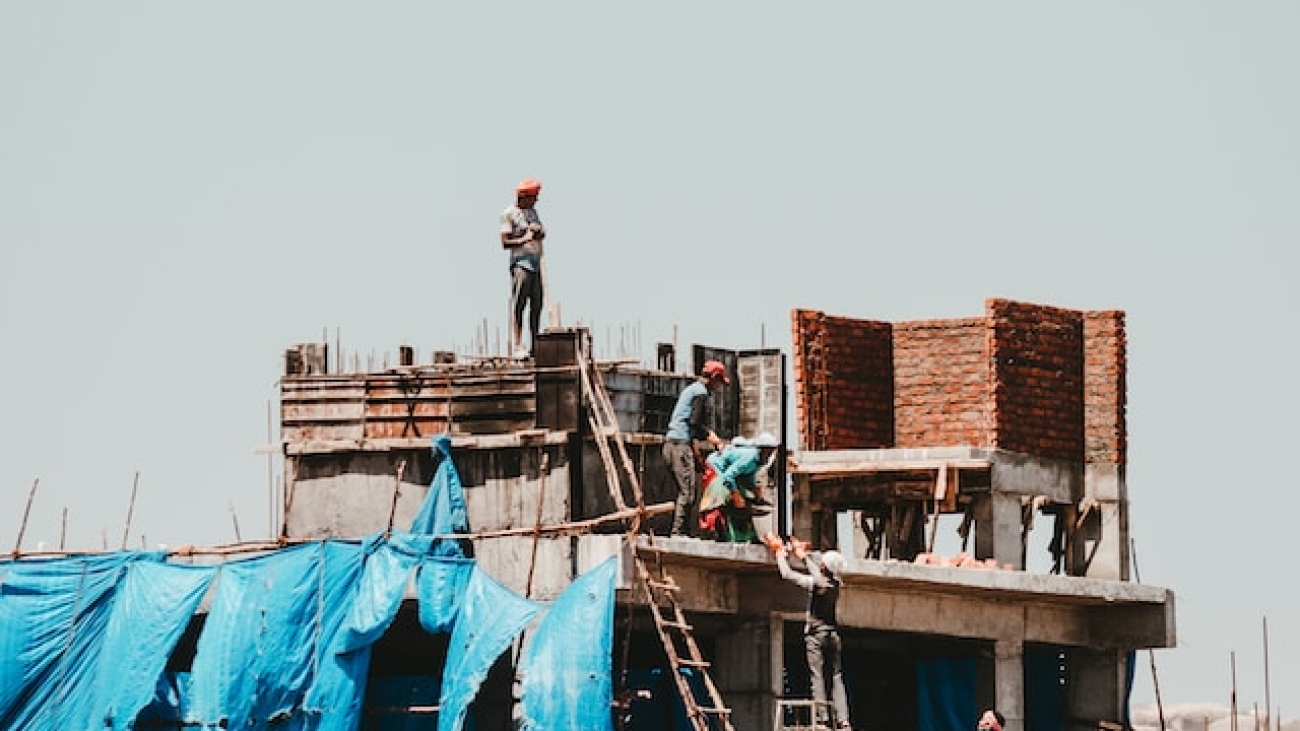Medical Malpractice is an act or omission by a medical practitioner that causes injury or death to a patient. Malpractice lawsuits have become an increasing source of litigation for physicians in Thailand.
Compensation in medical negligence claims is based on quantifiable losses. With the right Thailand lawyer, you can maximize your chances of being awarded more than what is normally offered.
Compensation
A patient who believes they are a victim of medical malpractice can file a civil lawsuit. Whether you have been injured by birth injury malpractice, negligence in nursing or dentistry malpractice, you may be entitled to compensation. The law is clear that health care providers must provide the standard of care to their patients at all times and signing a consent form does not waive any right to sue.
Thailand’s court system tends to limit general damages in medical malpractice claims to quantifiable losses, such as loss of earnings currently incurred and those expected to be lost in the future. Compensation for pain and suffering is a little harder to get.
The ViZe Counselor team of Thailand medical negligence lawyers can help you file a medical malpractice claim and ensure that the appropriate amount of compensation is awarded. We will work hard to get you the best possible outcome for your case. We also offer a free consultation service to discuss your claim and help you decide what course of action to take.
Statute of Limitations
While medical malpractice is rare, when it does occur, the victim or their family can file a lawsuit. The result of a malpractice claim can be compensation, cancelation of hospital bills, new treatment opportunities, and punishment of the wrong party.
Malpractice is the act or omission of a healthcare practitioner that falls below the standard of practice in the medical community and causes injury or death to a patient. This can include unskilled, inadequate, or neglectful treatment as well as wrongful diagnosis and failure to warn patients of known health risks.
Society wants medical professionals to be motivated to engage in best practices, occasionally taking calculated and informed risks with their patients’ welfare as the paramount concern. At the same time, societies do not want high malpractice insurance rates and defensive medicine to stifle medical innovation and access to quality care. Fortunately, there are strategies for developing successful malpractice policies. These typically involve establishing a national database for malpractice claims, and a no-fault provision in the country’s health insurance.
Best Practice
Many countries struggle to balance the need to provide quality care and the transactions costs associated with malpractice claims. In order to limit these costs, policy makers seek strategies that will encourage good practice and reduce the number of medical malpractice lawsuits.
One such strategy is to establish a national database for malpractice claims, which would allow better analysis of trends in malpractice claim incidence and compensation. This would help inform current malpractice policy debates and facilitate the development of successful initiatives.
Medical negligence claims are often complicated and require expert testimony. A lawyer with expertise in both medical and legal issues is essential to ensure the success of your case. SIAM CENTER LAW GROUP is a Thailand law firm that can provide you with the ideal lawyer to represent your case in a civil law medical malpractice trial. A professional and perfect Thailand lawyer can increase the chances of a positive outcome significantly. This is especially true if your medical negligence claim involves a foreign physician.
Complaints
With Thailand’s growing reputation as a medical tourism hub, more patients have been coming to the country for surgeries and treatments. While the majority of these patients leave satisfied with their procedures and results, some do not and seek compensation.
The 2008 Consumer Case Procedures Act makes it possible for patients to file claims directly against doctors. This allows claimants to file their complaints verbally or in writing, and it also means that they are exempt from paying court fees for their case.
However, it has been reported that malpractice claims are not random and there is a correlation between certain socio-demographic variables and the probability of receiving malpractice complaints. According to a study involving 1684 doctors, male doctors from surgical specialties who perform a greater number of on-call shifts, those who work in regional or county hospitals and those whose life partner is a doctor are more likely to receive malpractice complaints.







